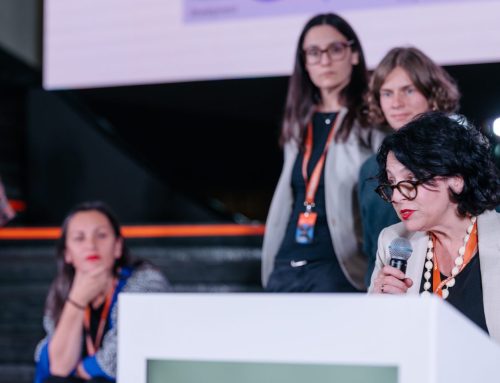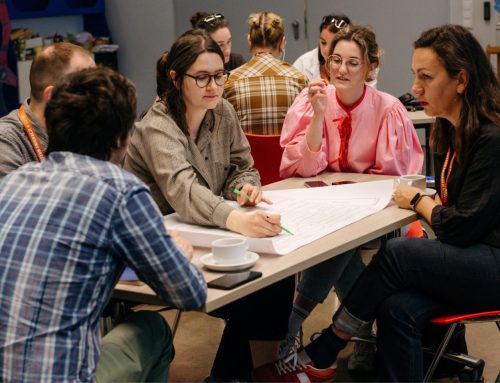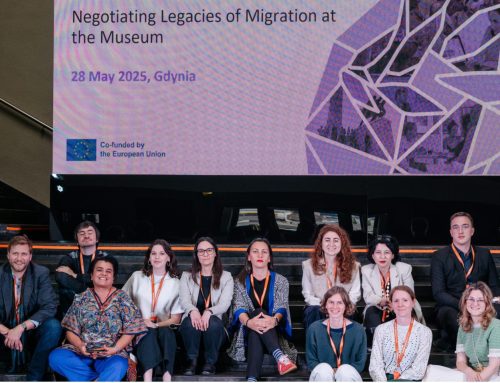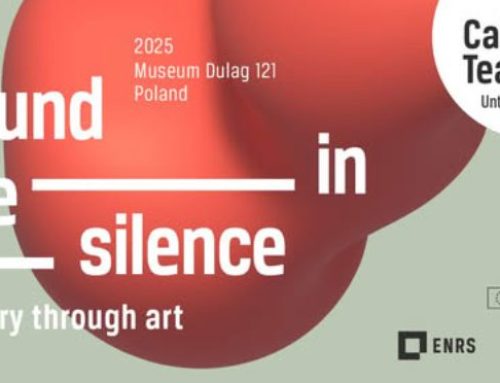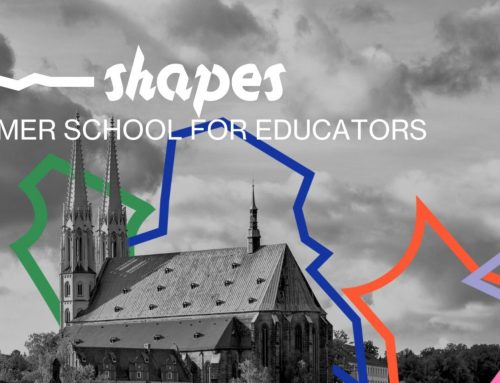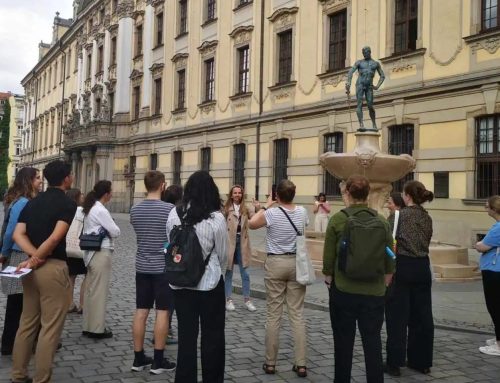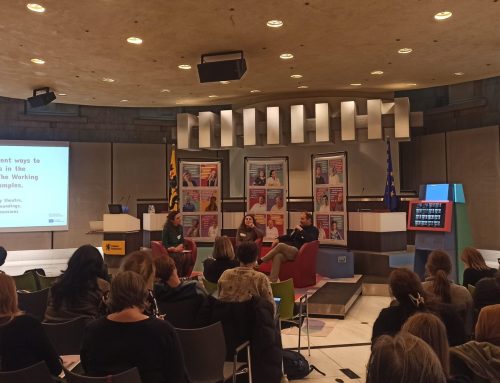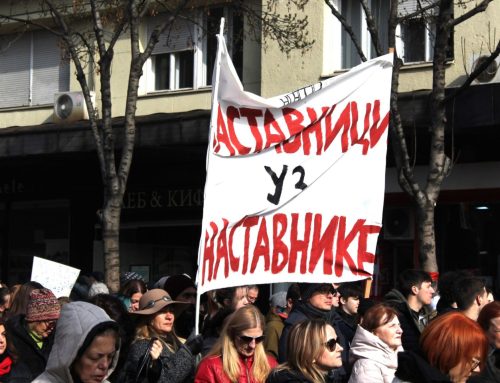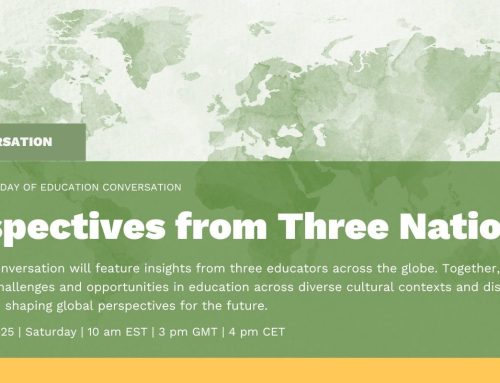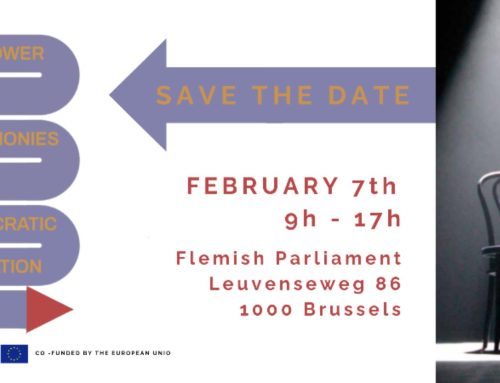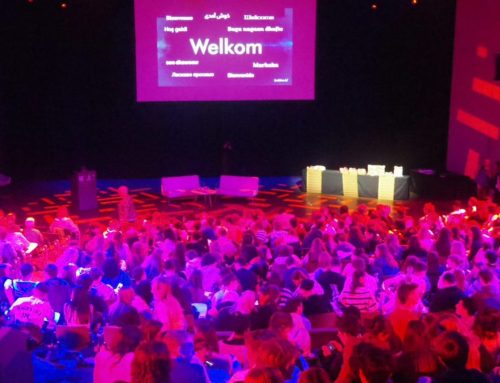On 29 June 2016, EuroClio Programme Director Steven Stegers had the opportunity to moderate a subsession during “Ready to reach out: Conference on Digitisation of Cultural Heritage”, a two day-conference that was held for the occasion of the presidency of the Netherlands of the European Union during the first half year of 2016. The conference took place in the building of the Netherlands EU Presidency in Amsterdam.
The conference was attended by 250 international participants from sectors as digitisation, culture and heritage, educators and representatives from the tourism sector, EU institutions and EU member states and was organised by the Dutch Ministry of Education, Culture and Science. The central topic of the conference was connecting cultural heritage collections and serving wider audiences.
During the subsession that focused on “Making it Visible within Cultural Education”, Steven posed the central question of what can be done to make more and better use of digital heritage in education. There is a lot of digital material available from an increasing amount of cultural institutes throughout Europe, but the material does not reach the students in the classroom. In his opening remarks, Steven stated that it is crucial that high-quality material is selected and made available for educators. The next step is that tools are made available: tools that are free to use and easily understandable for educators. With this, the potential of students rising above possessing knowledge through acquiring competencies increases.
During the rest of the session, attention was given to the questions how ICT can improve the teaching and learning of history, why archives make students think, how cultural institutions can work together, and how the various archives can be combined in one portal. Practical examples and explanations were given by the various speakers.
For a full report on the conference, have a look at the “Ready to Reach Out” report. All parts of the conference are explained and you can read more about the session about visibility in cultural education in the report. EuroClio would like to thank the Ministry of Education, Culture and Science for offering the opportunity to discuss with such a varied audience the possibilities, shortcomings and challenges of digitisation of cultural heritage.

